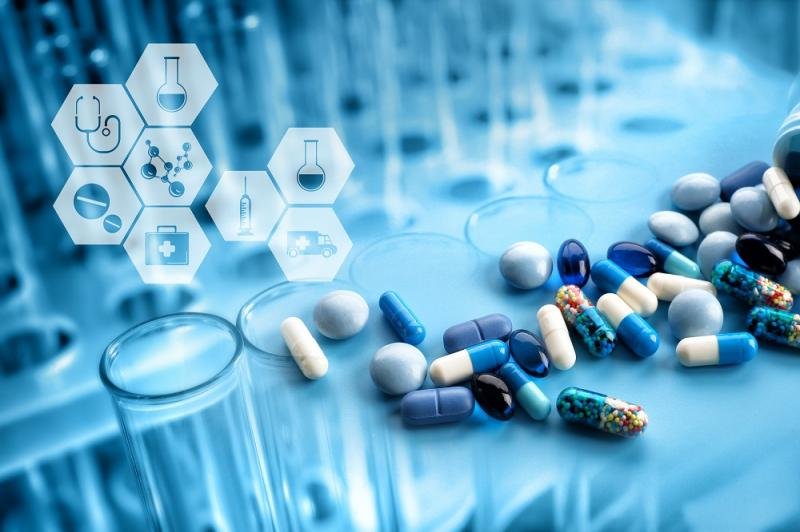Drug Delivery, Market Research, and the Pharmaceutical Industry
Introduction
The pharmaceutical industry is undergoing a profound transformation, thanks to advancements in drug delivery and market research. In this article, we will explore how these two critical components are reshaping the pharmaceutical landscape.
The Significance of Drug Delivery
Effective drug delivery is paramount in ensuring that patients receive the right medications in a manner that is both safe and efficient. Traditional drug formulations often come with limitations that hinder optimal therapeutic outcomes.
Drug Delivery Systems: An Overview
Modern drug delivery systems have revolutionized the way medicines are administered. From oral tablets and injections to patches and implants, a wide range of innovative delivery methods is now available. These systems not only enhance drug efficacy but also improve patient compliance.
 The Importance of Controlled Release
The Importance of Controlled Release
Controlled release systems, such as extended-release tablets and transdermal patches, provide a steady and sustained release of drugs. This not only reduces the frequency of medication but also minimizes side effects, leading to better patient experiences.
Market Trends in Drug Delivery
Understanding the latest market trends in drug delivery is crucial for pharmaceutical companies. This knowledge helps them align their research and development efforts with evolving patient needs.
Personalized Medicine
The era of personalized medicine is upon us. Tailoring drug delivery to an individual’s genetic makeup and specific condition allows for more precise treatment, resulting in better outcomes.
Market Research: Uncovering Insights
Market research plays a pivotal role in the pharmaceutical industry. It provides vital insights into consumer preferences, market dynamics, and emerging trends.
Leveraging Big Data
Pharmaceutical companies are harnessing big data to gain a deeper understanding of patient behavior and preferences. This data-driven approach helps in the development of targeted drug delivery systems.
Pharmaceutical Industry’s Response
In response to the changing landscape, the pharmaceutical industry is adapting to new challenges and opportunities.
Collaboration and Partnerships
Collaboration between pharmaceutical companies, research institutions, and tech firms is fostering innovation in drug delivery. This synergy results in groundbreaking advancements.
Challenges and Innovations
Challenges persist, even as innovations continue to emerge. Regulatory hurdles, cost implications, and technological limitations pose obstacles to the industry.
Nanotechnology
Nanotechnology is revolutionizing drug delivery. Nano-sized drug carriers can precisely target disease sites, reducing side effects and increasing drug efficacy.
Future of Drug Delivery
The future of drug delivery promises even more remarkable breakthroughs. As technology and research continue to advance, patients can look forward to safer, more effective medications.
Artificial Intelligence
Artificial intelligence is expected to play a significant role in drug development and delivery. Predictive algorithms can optimize treatment regimens and improve patient outcomes.
Conclusion
In summary, the pharmaceutical industry’s pursuit of excellence in drug delivery, guided by thorough market research, is propelling it into a new era of innovation and patient-centric care.
FAQs
- What are the main challenges in drug delivery today?
- Challenges include regulatory issues, cost implications, and technological limitations.
- How does personalized medicine impact drug delivery?
- Personalized medicine tailors drug delivery to individual genetic makeup and specific conditions.
- What role does big data play in market research for pharmaceutical companies?
- Big data helps companies gain insights into patient behavior and preferences.
- What is nanotechnology’s role in drug delivery?
- Nanotechnology enables precise targeting of disease sites, reducing side effects.
- How will artificial intelligence shape the future of drug delivery?
- Artificial intelligence is expected to optimize treatment regimens and improve patient outcomes.

 The Importance of Controlled Release
The Importance of Controlled Release